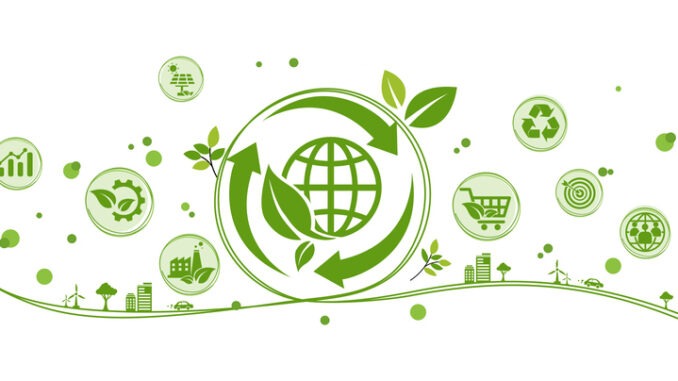
In today’s business landscape, sustainability is a top priority for decision-makers, yet many businesses still face challenges in effectively managing waste and reducing costs
CREDIT: This is an edited version of an article that originally appeared on SME Today
According to a recent survey, sustainability is a priority for over two-thirds (69%) of UK decision-makers, with 61% emphasizing the importance of the circular economy. Waste management is also a key focus for almost 9 in 10 (89%) of businesses surveyed. However, despite these intentions, only 53% of UK businesses currently have their recycling collected.
In recent research conducted by the YouGov analysis institute on behalf of sustainable waste management firm Biffa, over a third (36%) of SME business decision-makers cited ‘cost’ as the main barrier to being more sustainable. Here are some quick-win actions that dealers can take to reduce waste costs.
Keep weights down
Combining all your business waste in one general waste bin will lead to increased weight and higher collection and management costs. Therefore, separating various types of waste, including heavier items like food, into different bins can save money. This can be accomplished by segregating food waste, glass containers, and metal containers from general waste.
Many waste management providers offer auditing services to assist in identifying the most effective, sustainable, and economical waste management solutions. It’s important to note that waste management costs also depend on the quantity and frequency of collection, so dealers can benefit from getting a better understanding of when and where waste is being generated more frequently.
Waste not want not
Reach out to the local community – there may be others who can make use of your waste, even if you don’t want it. More and more micro-businesses are looking to reuse existing unwanted, discarded, or old materials rather than source new materials for their products. By adopting this approach, your business can contribute to the circular economy at a local level and support the growth of smaller organisations. Additionally, you could consider offering waste materials to local crafters, artists, and artisans who can transform your trash into treasure!
Reduce packaging
Reducing the amount of packaging entering your business can significantly decrease the overall weight of waste that needs processing, ultimately lowering costs. Engage with your suppliers and partners to find ways to minimize the packaging of goods you receive. Additionally, encourage employees to avoid disposable packaging like drinks bottles and pre-packaged lunches by offering incentives for those who opt for refillable and recyclable alternatives.
By focusing on waste management practices, such as keeping weights down, finding alternative uses for waste materials, and reducing packaging, businesses can not only cut costs but also contribute to a more environmentally friendly and economically efficient operation.


Be the first to comment